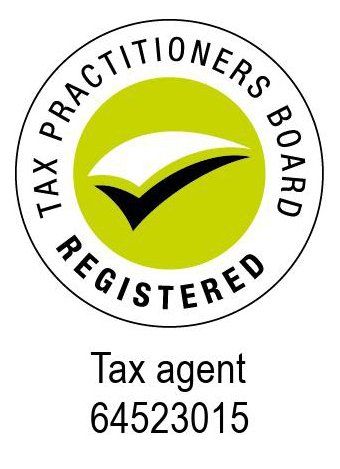SUCCESSION PLANNING - MAKING AN EARLY START
Every business will go through a ‘succession event’. Likewise, humans need to transition their assets at some point. Simply put, things don’t stay the same forever, so we should plan for transitions. And plan early. For an overview on what you might focus on and where the risks and opportunities lie, read on.

As accountants, we like our clients to think ahead… even on a 3 to 10-year timeframe. A major part of this is Succession Planning. Where Succession Planning is concerned, clarity brings opportunity… and the risks of “getting it wrong” can be significant.
Let’s start with a few definitions.
Estate planning:
This means ensuring one’s assets are distributed among the people and organisations of one’s choosing, in the event of death or incapacitation.
Exit planning:
This is the strategy regarding business, personal, financial, legal and tax issues involved in selling or transitioning a privately-owned business.
Asset protection:
This refers to legal strategies which protect assets from claims by various stakeholders; family members, adversaries, partners and so on.
Financial planning:
Here we are talking about understanding an individual’s/organisation’s current financial state and their strategic financial goals so we can chart a path to achieve those goals over time.
Succession planning:
This refers to planning the transition of assets from one owner to another. Succession Planning so can be considered an ‘umbrella’ term for the others mentioned above.
Who needs Succession Planning?
The simple answer is “pretty much everyone”. Business owners will look to transition their businesses and family members (especially the ‘patriarch’ or ‘matriarch’) will transfer their assets, often to other family members. The “Family Business” combines the two situations above.
It can get more complex in certain industries. Take farmers, for example, where there may be large tracts of land owned by the family as well as an operating business, both of which need to be transitioned.
What are some goals in Succession Planning?
Different owners will have different goals, but they can largely be characterised as follows:
Altruistic goals:
In this case, the owner is trying to help and secure the future of other family members by transitioning assets to them. They want to ensure the continuity of their business so that value is preserved.
Wealth creation:
The sale of an asset enables the seller to get paid for the value being transferred. In some cases, the seller may want an income from the business after the sale.
A smooth transition:
Many people have heard “horror stories” about transitions which have “gone wrong“. Families may litigate for years based on poorly constructed succession plans, for example. Reducing risk and stress is a major motivator.
Structure:
Minimising tax is also a priority, though this is secondary to getting some of the other factors above correct.
Business Owners versus Families
There are many similarities between business owners and families transitioning their assets. Both need a plan and seek to maximise the value of their assets to facilitate the transition. But in the case of families, there are often complex relationships (and emotions) involved. These span across generations… and differences in attitude and “culture” can create complexity and conflict.
What help is required?
Certainly Succession Planning requires astute financial analysis, risk management, managing cash flow, tax planning and other “technical” support. But this needs to be combined with a thorough understanding of goals, the stakeholders, communication and other factors. Often asset owners benefit from engaging outside parties to facilitate certain (sensitive) discussions. This process can take years and it is best to start early with a good understanding of all of the risks and opportunities.
What Succession Plans do you have in place? We’d love to discuss these further with you so please get in touch!
Source: https://panalitix.com/








